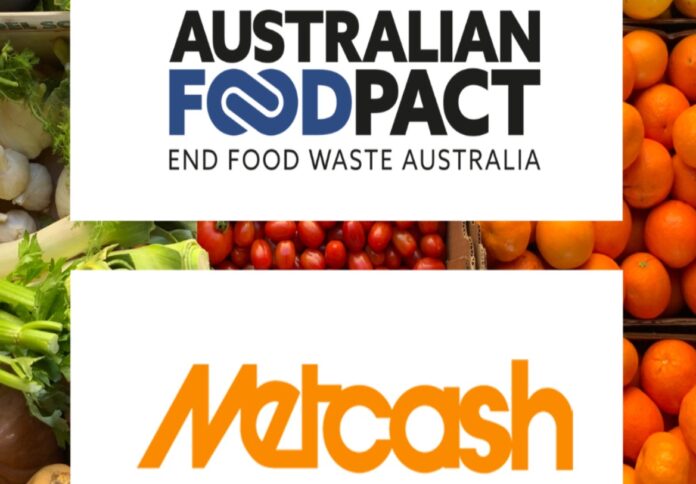
Metcash, a key player in the Australian food industry, has officially joined the Australian Food Pact, intensifying efforts to tackle the nation’s food waste problem.
Supporting over 1,600 independently owned supermarket stores, including IGA and Foodland, Metcash’s participation marks a crucial step in the collective fight against food waste, End Food Waste Australia said in a media release.
Data revealed that Australians waste the equivalent of 29 million meals daily, enough to provide lunch for every resident.
This waste spans the entire supply chain, from farms to dining tables. The Australian Food Pact, launched in October 2021, aims to unite businesses in reducing this waste, and Metcash is the latest to pledge its support.
Estella Young, executive general manager of Merchandise at Metcash Food, emphasized the importance of their commitment.
She stated that reducing food waste benefits communities, conserves resources, and is vital for addressing climate change.
“This partnership between Metcash and the Australian Food Pact represents our next major step in the national collaborative efforts required to end food waste,” Young remarked.
Metcash’s history of combating food waste includes a partnership with Foodbank since 2010 and founding support for Food for Change, providing nearly 2.5 million meals to those in need last year alone.
Dr Steven Lapidge, CEO of End Food Waste Australia, highlighted the necessity of such collaborations.
“Food waste is a 7.6 million tonne and $36.6 billion challenge in Australia. Collaboration across the supply chain is essential to end food waste,” he said.
“The Australian Food Pact represents a pledge of support for people and the planet, with businesses uniting for a food waste-free Australia,” Dr Lapidge stressed.
The Australian Food Pact has garnered the support of 37 organizations, including industry giants like Mars, Unilever, Simplot, McCain Foods, Goodman Fielder, TipTop, Coles, and Woolworths.
Together, they aim to halve food waste by 2030.



















